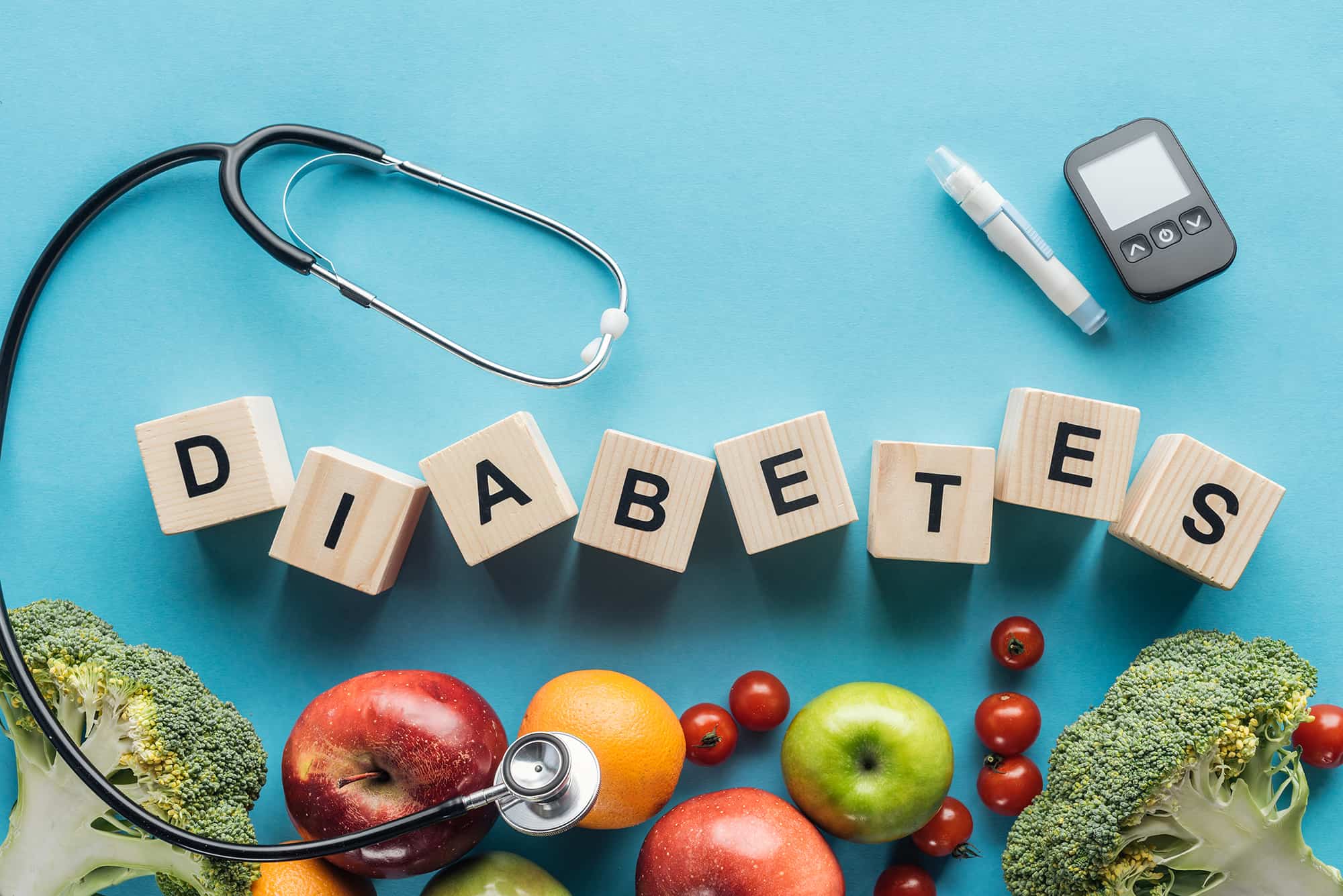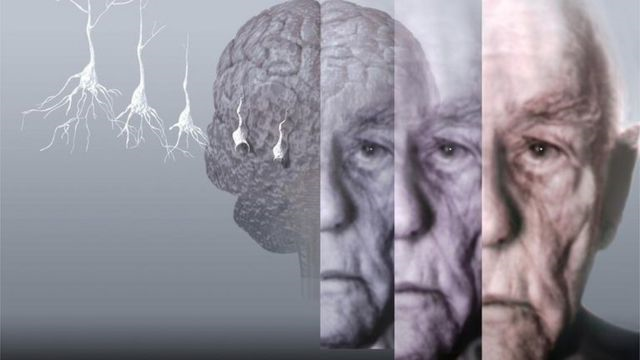Diabetes is a type of chronic disease that manifests itself in cases where the pancreas does not produce enough insulin or if the body cannot use insulin on its own. A common case for the development of uncontrolled diabetes mellitus is hyperglycemia (elevated blood sugar levels), which eventually leads to damage to many functional systems of the body, including the nervous and circulatory systems.
As soon as the doctor detects an increase in blood sugar, it becomes important to determine the type of diabetes. There are gestational diabetes mellitus (hereinafter DM), type 1 and type 2 diabetes.
Gestational diabetes is the first stage of detecting an increase in blood glucose. This form can occur in any age category and most often allows doctors not to start further development of the disease.
Type 1 diabetes (juvenile or insulin-dependent). In this form of the disease, about 90% of pancreatic cells die due to an autoimmune or viral process that is directly related to the immune system, in which insulin is not produced, which is called absolute insulin deficiency. The disease manifests itself in children and young people.
Type 2 diabetes is insulin-independent. With this type of disease, insulin in the body is produced both in normal and increased amounts, but does not have any physiological effect due to a violation of the sensitivity of cells in the tissues of the body to it (relative insulin deficiency). This disease is more pronounced in people after 40 years (familial diabetes). At risk are people who are overweight (excess glucose).
How does diabetes affect the body? Insufficiency of insulin in the human body leads to a violation of uniquely all types of metabolism: enzymatic destruction of the liver occurs, urine becomes sweet due to the huge release of sodium, potassium and magnesium ions, which disrupts kidney function, protein synthesis decreases, cholesterol synthesis increases, the humoral link suffers, the body ceases to fight the disease.
To cure diabetes mellitus in the early, untreated stages, drugs that lower insulin resistance – thiazolidinediones (in another way, pioglitazone) help. Patients suffering from this disease should properly organize their nutrition, recognize dangerous conditions, calculate carbohydrates, learn to measure glucose levels.
The main goal of diabetes treatment is always to prevent complications of the disease. Recommendations from doctors are as follows: follow a diet and establish a regime of adequate physical activity, keep a food diary, strict medication intake on time, compliance with sleep, work and rest, getting rid of stress.


